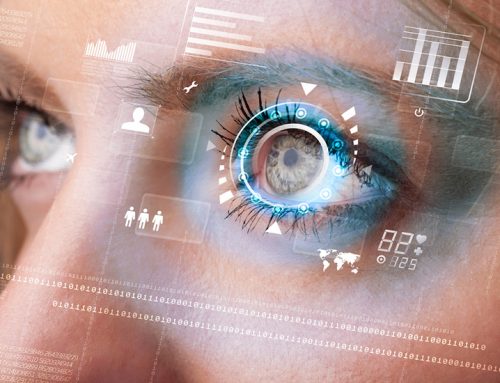In an age of rapid technological advancement, artificial intelligence is transforming many professions. But when it comes to creating an accurate legal record, AI replacing court reporters is not a viable solution. No matter how impressive speech recognition software becomes, it cannot replicate the discernment, precision, and ethical responsibility of a trained stenographer.
The Human Element in Real-Time Transcription
In the federal trial of Sean “Diddy” Combs, media outlets repeatedly referenced AI-generated transcripts. However, the official record was captured by Chief Court Reporter Raquel Robles of the U.S. District Court for the Southern District of New York (STENOIMPERIUM, 2025). Her work ensured that judges and attorneys have immediate, accurate transcripts of every word spoken—a task that goes far beyond what AI can handle.
Legal affairs journalist Meghann Cuniff has called attention to the discrepancies between AI-generated summaries and official transcripts in this high-profile trial. AI may provide convenience, but it often fails to account for emotion, dialects, interruptions, and nuanced legal terminology. These are moments where the judgment of a human reporter is essential.
Why Accuracy and Accountability Matter
A misheard or mistranslated word in a legal transcript isn’t just inconvenient—it can change the trajectory of a case. Court reporters take personal responsibility for each transcript. They ask for clarifications, verify spellings, and produce certified records that are legally admissible.
Meanwhile, AI-generated transcripts often lack attribution, context, or proper formatting. Tools like http://Otter.ai and other transcription software can be useful for casual settings, but they aren’t bound by ethical standards, nor can they be held accountable in a courtroom.
The Ethical Foundation of the Profession
Court reporters are bound by strict codes of ethics, including confidentiality and impartiality. They are trained not only to transcribe but also to preserve the integrity of the legal process. AI, on the other hand, has no concept of bias or privacy—a crucial shortcoming in sensitive or high-stakes litigation.
AI Should Support, Not Replace
At Court Reporters Clearinghouse, we believe in using technology as a tool to support professionals, not to replace them. We equip our reporters with advanced resources and real-time capabilities that enhance their work. But at the center of it all is a trained expert who understands the weight of their role.
A Real-World Reminder: The Diddy Trial
As seen in the federal trial of Sean “Diddy” Combs, the distinction between AI-generated content and the official record matters. With media relying on automated tools for rapid coverage, it’s the certified human expert—not AI—who delivers the version that truly counts. This case serves as a timely reminder of the skill, speed, and accuracy real stenographers bring to the courtroom each day.
AI may assist, but it cannot listen with empathy, handle dynamic conversation, or ethically safeguard a legal record. The justice system relies on human precision, and ai replacing court reporters remains an unwise gamble.
Learn more about how Court Reporters Clearinghouse supports independent reporters here.





